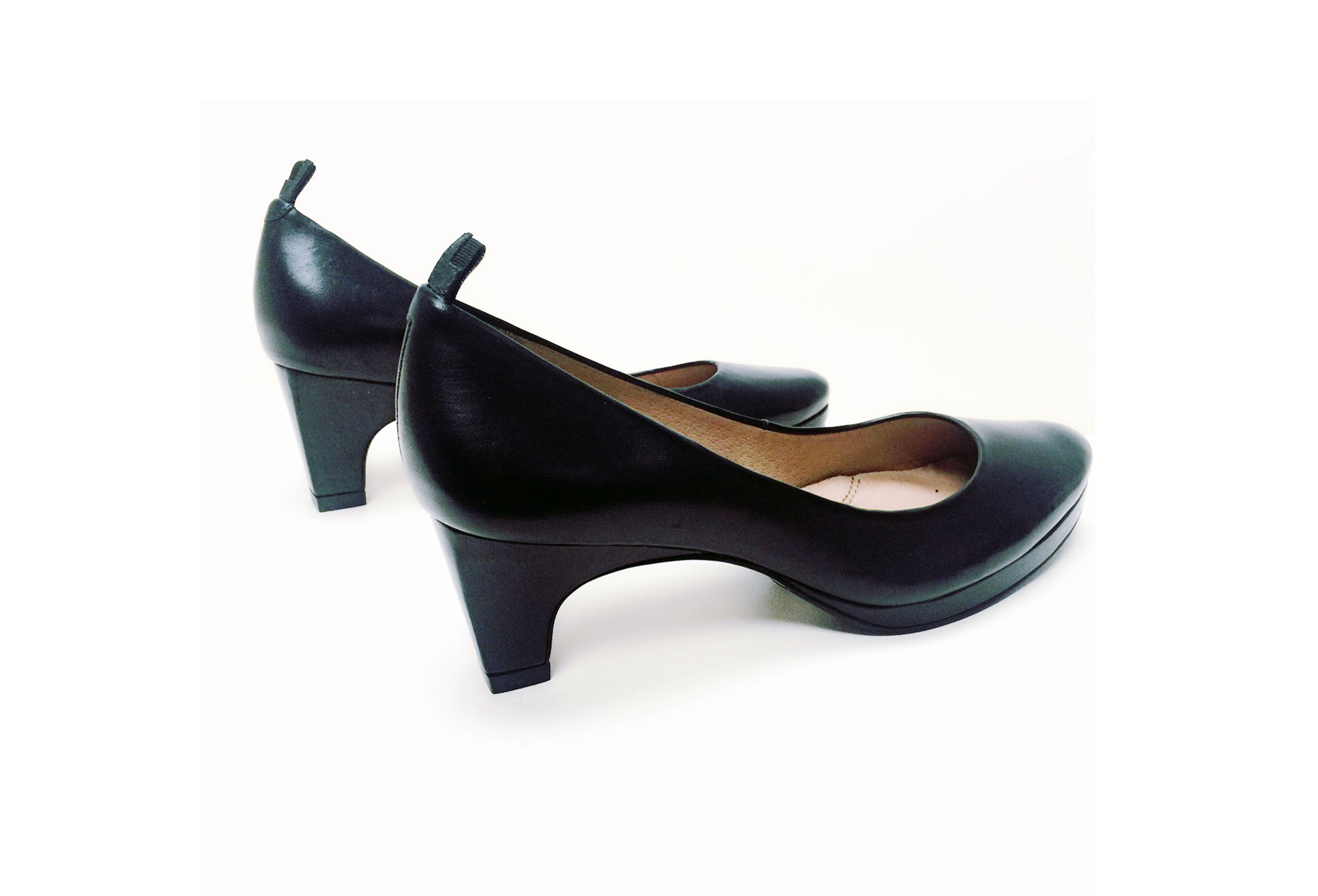All of the steps during ovulation and fertilization need to happen correctly in order to get pregnant. Sometimes the issues that cause infertility in couples are present at birth, and sometimes they develop later in life. Infertility causes can affect one or both partners. In general in about one-third of cases, there is an issue with the male, in about one-third of cases, there is an issue with the female and in the remaining cases, there are issues with both the male and female, or no cause can be identified.
Causes of female infertility may include:
Ovulation disorders, which affect the release of eggs from the ovaries. These include hormonal disorders such as polycystic ovary syndrome. Hyperprolactinemia, a condition in which you have too much prolactin may also interfere with ovulation. Either too much thyroid hormone (hyperthyroidism) or too little (hypothyroidism) can affect the menstrual cycle or cause infertility. Other underlying causes may include excessive exercise, eating disorders, injury or tumors.
Uterine or cervical abnormalities, including abnormalities with the opening of the cervix, polyps in the uterus or the shape of the uterus. Noncancerous (benign) tumors in the uterine wall (uterine fibroids) may rarely cause infertility by blocking the fallopian tubes. More often, fibroids interfere with implantation of the fertilized egg.
Fallopian tube damage or blockage, often caused by inflammation of the fallopian tube (salpingitis). This can result from pelvic inflammatory disease, which is usually caused by a sexually transmitted infection, endometriosis or adhesions.
Endometriosis, which occurs when endometrial tissue grows outside of the uterus, may affect the function of the ovaries, uterus and fallopian tubes.
Primary ovarian insufficiency (early menopause), when the ovaries stop working and menstruation ends before age 40. Although the cause is often unknown, certain factors are associated with early menopause, including immune system diseases, certain genetic conditions such as Turner syndrome or carriers of Fragile X syndrome, radiation or chemotherapy treatment, and smoking.
Pelvic adhesions, bands of scar tissue that bind organs after pelvic infection, appendicitis, or abdominal or pelvic surgery.
The information above is taken the following: https://www.mayoclinic.org/diseases-conditions/infertility/symptoms-causes/syc-20354317
How can Osteopathy help? Osteopathic treatment can help release pelvic adhesions that may be impairing your ability to get pregnant. Myofascial release techniques are used in the pelvic area to release these adhesions and restore normal blood flow. Tailored exercises are also prescribed to complement the treatment. If you have a history of any abdominal or pelvic surgery or trauma to the area, you may benefit from osteopathy in your quest to get pregnant.
High stress has also been associated with infertility. Stress reduces the secretion of estrogen, reduces the secretion of progesterone which affects implantation and affects the surge of luteinizing hormone (LH) from the pituitary gland which is responsible for stimulating ovulation. Osteopathy and massage therapy have been shown to help reduce cortisol levels [stress hormone] and increase the levels of endorphins [feel good hormones]. High levels of cortisol have been associated with an increased rate of miscarriages and to negatively impact implantation of the egg.
Keep in mind that there are some risk factors for infertility and lifestyle changes you can make to increase your chances of getting pregnant.
Age. A woman's fertility gradually declines with age, especially in her mid-30s, and it drops rapidly after age 37. Infertility in older women may be due to the number and quality of eggs, or to health problems that affect fertility. So when possible, it is best to start trying in your late 20’s or early 30’s.
Tobacco use. Smoking tobacco or marijuana by either partner reduces the likelihood of pregnancy. Smoking also reduces the possible benefit of fertility treatment. Miscarriages are more frequent in women who smoke.
Alcohol use. For women, there's no safe level of alcohol use during conception or pregnancy. Avoid alcohol if you're planning to become pregnant. Alcohol use increases the risk of birth defects, and may contribute to infertility.
Being overweight. An inactive lifestyle and being overweight may increase the risk of infertility.
Being underweight. Women at risk of fertility problems include those with eating disorders, such as anorexia or bulimia, and women who follow a very low calorie or restrictive diet.
Exercise issues. Insufficient exercise contributes to obesity, which increases the risk of infertility. Less often, ovulation problems may be associated with frequent strenuous, intense exercise in women who are not overweight.
Try these 3 exercises to help with fertility!

































































